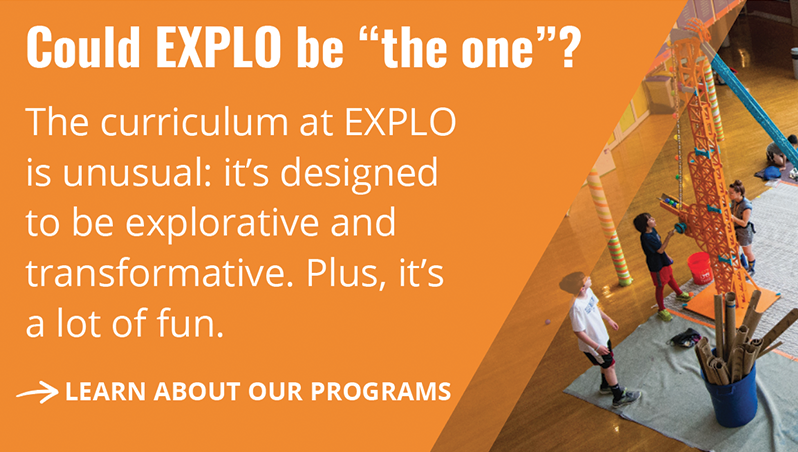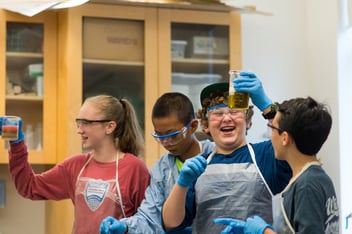How Summer Camps Have Changed in the Last 20 Years
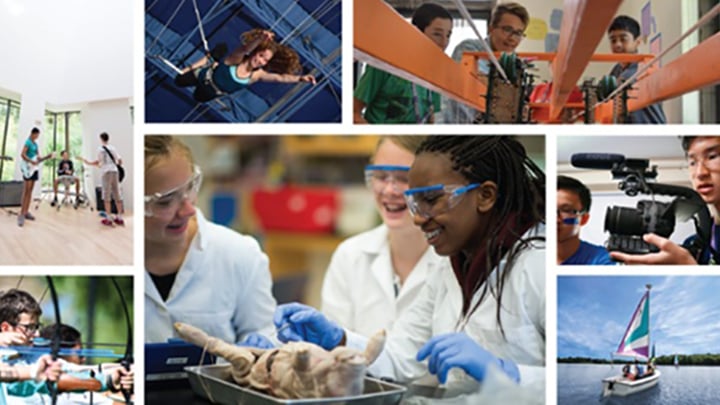
Do you remember when you went to summer camp?
For generations of American children stretching back to the 19th century, heading off to summer camp has been a rite of passage. For many of us — and for our parents, and perhaps their parents — summer camp was the first time we started to form an identity apart from our families. It was our first experience outside our neighborhood bubble. And it was the source of some of our best childhood memories.
To today’s generation of young people, summer camp continues to offer the same first invigorating taste of independence. Children still form lifelong bonds at summer camp and come home with endless stories about their adventures. But in other ways, while the core of exploration, freedom, and fun remains, summer camp may have changed somewhat since the summers of your youth.
Let’s take a walk through the history of summer camp and see how it’s evolved into the form it takes today.
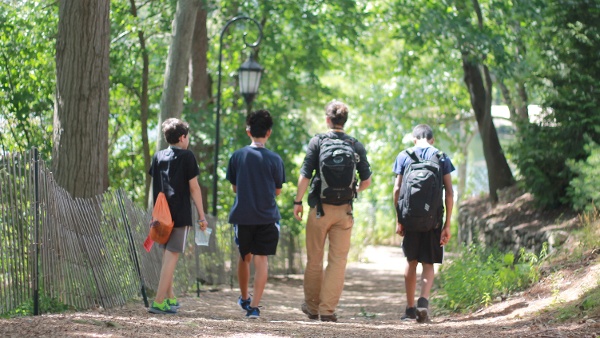
The First Century of Summer Camps
Summer camps began in the second half of the 19th century as a way for suburban and urban children to get out of the city and experience a more pristine environment. Then, as now, many parents were worried about their children spending too much time indoors. They believed that fresh air, and the vigorous recreational activities enjoyed therein, fostered robust health and moral character.
Camps at the time emphasized outdoor activities such as hiking, canoeing, wilderness survival, and physical competitions. Many camps went to great lengths to simulate “primitive” conditions, building log cabins and tipis to house the campers, and featuring the kind of rustic decor you would expect in a hunting lodge.
Over time, the “toughen-you-up” philosophy of summer camp faded and a new view of summer camps as idyllic, almost utopian escapes for young people emerged. Camps expanded their programming to include activities — such as watching movies at night and taking tennis lessons — that weren’t necessarily rooted in the Great Outdoors.
Some camp leaders bemoaned what they saw as a watering-down of the “camp” aspect of summer camp. But others believed the new camp model taught more important lessons than how to build fires and tie knots.
Summing up a research paper on the history of summer camp, JSTOR Daily writes, “Rather than retreats from civilization into nature, camps might be tiny societies of their own. Children would learn to balance the needs of individuals and the group, and to be helpful citizens.”
Which brings us to the summer camps you may recall. Outdoor recreation has always been a central element of summer camp programming. The camps of the latter half of the 20th century held onto that, while putting the emphasis on fun.
You may remember summer camp as a refreshing break from the pressure of the academic year. At camp, you didn’t have to pass tests or meet expectations. What competition existed was friendly. Whether you were swimming, sailing, singing silly songs, or making arts and crafts, your primary responsibility was to have a good time.
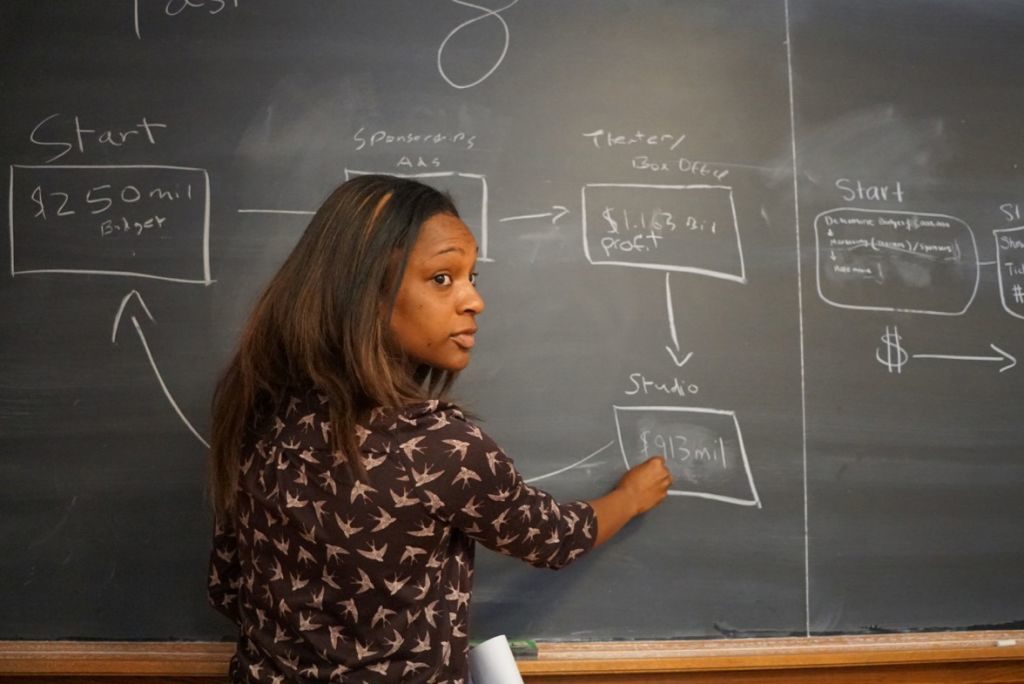
Summer Camp Transformed
So what has changed? Over the past 20 years, parents have become increasingly focused on their children’s academic and professional future. They’re thinking about college and beyond and looking for ways to give their children an edge in getting into the best schools and preparing for the most successful careers.
Parents are also — justifiably — concerned about “brain drain,” the loss of learning that can occur between academic years.
The result has been the blurring of lines between summer camp and summer school. Traditional outdoor camps have added more typically academic subjects to their activities, such as computer programming, creative writing, and math tutoring. Focused summer programs have emerged, immersing children in a single subject for hours every day.
Name the subject, and you can find a camp dedicated to it: marine biology camps, painting camps, fencing camps.
Some of the most driven high school students and their families look to summer camps to add prestige to their resumes. Some believe if you can say you’ve attended an academic summer camp on an Ivy League campus you can impress an Ivy League admissions officer. The reality is a bit different: college admissions officers are much less interested in where your child has attended camp and much more interested in what they have taken away from it.

The Modern Educational Summer Camp
There’s nothing wrong with wanting to position your child for success in school, college, and career. And it is true that there’s no reason learning has to end just because school has closed its doors for the summer.
However, you can imagine how good it feels to take a break during summer camp, to meet new people and try new things. Some of the foremost summer camps of the 21st century take the best elements of the summer camps of the past — the spirit of exploration, the sense of community, and the fun — and the best elements of school and mash them up into a grand intellectual adventure.
This opens the door for a new kind of learning your child may not experience in the school year. It’s hands-on and experiential. It’s not about grades or tests. It’s about learning something simply because it’s interesting; it’s about unearthing new interests.
[Read more: Four Educational Strategies that the Best Academic Summer Camps Use.]
Way back in the 19th century, the first summer camps aimed to provide their campers with experiences they could not have anywhere else. Modern educational summer camps do the same, fostering environments where curiosity can run free and children can stretch the muscles of lifelong learning.
How and where can you find a summer camp that builds on traditions of the past with the educational approaches of the future? Click below for a 10-step process to find the right academic summer program for your child.

